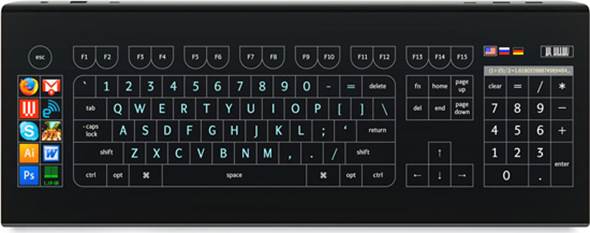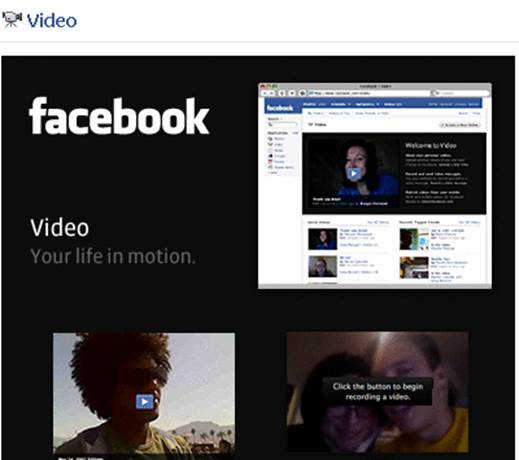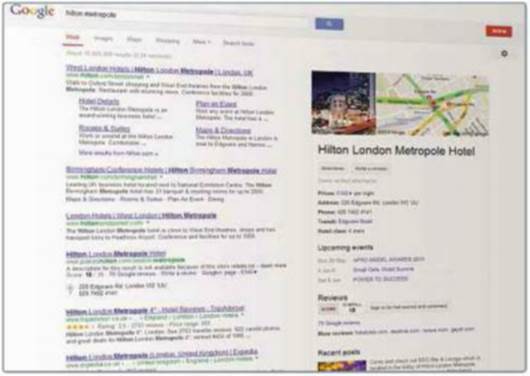QWERTY keyboards, designed for typewriters
over 200 years ago, could finally be replaced by a new layout made for
touchscreen phones and tablets.
Researchers at the University of St Andrews
in Scotland have developed KALQ, claiming it makes typing on phones and tablets
30 per cent quicker.
Dr. Per Ola Kristensson from the University
of St Andrews said the archaic QWERTY layout had “trapped” smartphone and
tablet users.

Touchscreen
keyboard
“We believe KALQ provides a large enough
performance improvement to incentivize users to switch and benefit from faster
and more comfortable typing,” he claimed.
QWERTY keyboards are ideal for laptops and
desktops, but speeds are slower on touchscreens where most people type with
their thumbs. The average speed for typing on touchscreens is 20 words per
minute.
KALQ, named after the bottom-right four
keys, bunches together common letters. The keyboard is split in half, so people
can use both thumbs while typing. Vowels are on the right-hand side of the
keyboard, but the left side has more letters. A version for left-handed people
will flip this arrangement around. Researchers claimed it took between eight
and 10 hours for users to learn the new keyboard layout.
An Android version of KALQ is due to be
released this month. Developers are being sought to work on an iOS version.
Censorship - Facebook slammed for
sharing murder video
Facebook has made a dramatic censorship
U-turn, deleting two videos of people being decapitated, after initially
arguing that they didn’t break its rules on violent content.
One video shows a woman being beheaded by a
masked man while a second shows two men being attacked with a knife and a
chainsaw. Both videos were widely shared on Facebook and were available for
four days before being deleted.
Facebook had allowed the videos to be
shared, arguing that they depicted “the world in which we live”, causing
outrage among the thousands of users who had reported the videos to Facebook
moderators.

Facebook
had allowed the videos to be shared
Facebook said: “people can share upsetting
videos on Facebook to raise awareness of actions or causes”, but critics said
videos of murder and graphic violence crossed a line.
Facebook has now promised to remove any
instances of the two videos and will also be evaluating its approach to violent
content.
Google to demote search results as
rivals rage
Google has agreed to change its search
results after being hauled up before the European Commission for unfairly
promoting its own services - but Google’s rivals say the changes don’t go far
enough.
The Commission expressed concerns that
Google was “abusing its dominant position” by giving prominence to results from
services such as YouTube, Google Places and Google Shopping - all of which it
owns. Google has a 90 per cent market share for online search in many European
countries.
In Google Places, for example, searches for
restaurants and hotels prominently display contact details, directions,
reviews, photos and more, all from Google.

Google
to demote search results as rivals rage
Google has agreed to change the way it
shows search results by clearly labeling results for its own websites. Links
promoting Google-owned services will also be separated from search results and
Google must include links to relevant results from three rival services. These
changes will only apply to how results appear in Europe.
Icomp (www.i-comp.org),
a lobbying group backed by Microsoft, said the proposals made by Google were
“not any kind of solution” to the concerns raised by the European Commission
and that Google should not show bias towards its own websites when displaying
search results.
In brief - New wireless broadband to be
trialed in rural Britain
Innovative plans to use gaps in radio
spectrum to bring high-speed, wireless broadband to rural Britain have been
revealed.
Communications regulator Ofcom is inviting
companies to take part in a trial of the new technology, which is expected to
take place this autumn. The spare radio spectrum is normally used for digital
TV and wireless microphones, but there is now space available to transmit other
services such as high-speed wireless broadband.
The radio waves that will be used to
transmit high-speed wireless broadband can travel over long distances and go
through walls, making it an ideal way to connect parts of rural Britain stuck
on slow connections.
Ofcom said the technology could be bringing
faster broadband to rural homes by 2014.